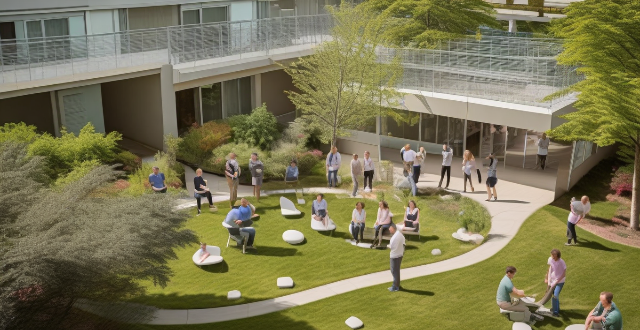Sports psychologists employ strategies such as understanding team culture, building trust through group challenges and shared experiences, promoting collective goal setting, developing communication skills, resolving conflicts, and creating open dialogue channels to enhance team cohesion and improve communication. These interventions foster a synergistic team environment leading to improved performance and a healthier atmosphere.

How Sports Psychologists Assist Teams in Building Cohesion and Improving Communication
Enhancing Team Cohesion
Understanding the Team Culture
Sports psychologists begin by understanding the unique culture of a team, which includes its values, beliefs, norms, and expectations. This knowledge helps them tailor their strategies to align with the team's specific needs and dynamics.
Building Trust
Trust is the cornerstone of any cohesive team. Sports psychologists employ various activities and exercises designed to foster trust among team members, such as:
- Group Challenges: Encouraging collaboration on tasks that require collective effort.
- Shared Experiences: Organizing team-building events that promote mutual reliance and support.
- Vulnerability Exercises: Encouraging players to share personal stories or challenges, promoting empathy and understanding.
Promoting Shared Responsibility
A sense of shared responsibility can be cultivated through:
- Collective Goal Setting: Involving all team members in setting goals ensures everyone has a stake in the team's success.
- Role Clarification: Clearly defining each player’s role helps them understand how their contributions are vital to the team’s overall performance.
Improving Communication
Developing Communication Skills
Effective communication is crucial for team success. Sports psychologists focus on:
- Active Listening: Teaching athletes to listen attentively and provide feedback shows respect and fosters open dialogue.
- Clear Articulation: Helping players express themselves clearly reduces misunderstandings and promotes efficient problem-solving.
- Non-Verbal Communication: Body language and gestures can convey as much as spoken words; awareness of these cues is essential for effective interaction.
Resolving Conflicts
Conflicts are inevitable in teams. Sports psychologists assist by:
- Mediation Techniques: Intervening when necessary to help resolve disputes constructively.
- Conflict Resolution Strategies: Teaching team members methods to address disagreements without escalating them.
Creating Open Dialogue Channels
Open channels of communication ensure that all voices are heard:
- Regular Meetings: Holding regular team meetings provides a platform for discussion and updates.
- Feedback Sessions: Encouraging constructive feedback sessions allows for continuous improvement and adaptation.
Conclusion
Through these interventions, sports psychologists play a pivotal role in enhancing team cohesion and communication. By understanding the team's culture, building trust, promoting shared responsibility, developing communication skills, resolving conflicts, and creating open dialogue channels, they help teams function synergistically towards achieving their objectives. The result is not just improved performance but also a healthier and more enjoyable team environment.